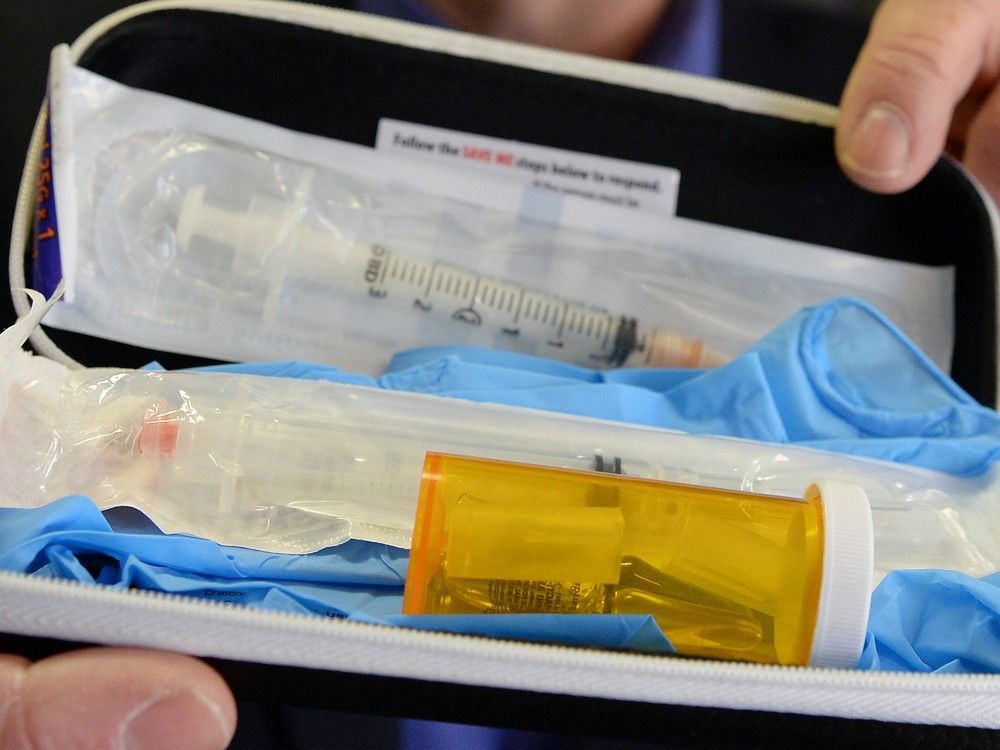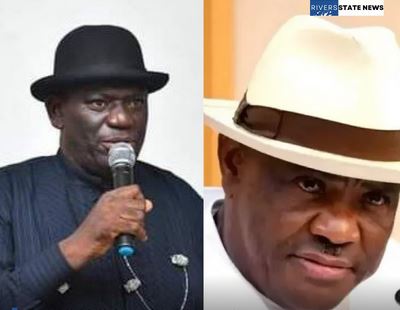
We often think of 911 as a number to call for violent crimes or emergencies that need an immediate response. But the Chicago Police Department receives about 100,000 911 calls each year for something far less urgent: parking violations. As some of Chicago’s first elected police district councilors, it’s our job to understand our neighbors’ policing and public safety priorities.
Our constituents want CPD addressing serious crime and spending more time in the community — not tied up with minor enforcement issues. But the data we have suggests officers spend significant time responding to parking-related 911 calls. CPD fields about 1.

25 million 911 calls each year. We wanted to know what all those calls were for — and what’s actually tying up our police resources. To find out, we worked with community volunteers to analyze more than 5.
6 million 911 calls in Chicago from September 2021 to November 2024, obtained through Freedom of Information Act requests. One finding stood out. Parking violations ranked sixth among the most common reasons people call 911 — about 350,000 calls in the data we obtained.
Data from the Chicago inspector general’s office, which also tracks 911 call volumes, confirms that parking violations make up nearly 8% of all 911 calls. And some police districts see parking complaints reach as high as 14.5% of their total call volume.
The evidence we have indicates that CPD actually responds to the vast majority of these parking-related calls. That’s time that officers could better spend getting out of their squad cars, talking to neighbors and building relationships with the communities they serve. Nearly all parking-related 911 calls, 99.
5%, were given the lowest priority, Level 3. That makes sense. But it also means that people who want parking issues addressed — such as illegally blocked bike lanes or accessible spots for people with disabilities — will almost inevitably see delays.
So, do we really want overburdened officers spending their already stretched time answering 100,000 calls a year for parking? The question becomes even more important given that Chicago already has another agency, the Department of Finance, with personnel to ticket vehicles. Not only is it possible to have someone other than police respond to parking, but we also already have an infrastructure we could build on to do it. When police are struggling to address serious crime, we think an obvious answer would be to take parking off their overloaded plates.
Cities such as Philadelphia and Minneapolis are working toward their own versions of that solution. In Chicago, it would mean having the Department of Finance — not CPD — respond to parking-related calls in the first instance. This idea is common sense.
Several aldermen and a range of officers we’ve spoken with agree that police should not be primarily responsible for responding to parking violations. That’s why we were encouraged that 47th Ward Ald. Matt Martin called for a hearing on alternative parking enforcement in the Chicago City Council’s Public Safety Committee.
We were looking forward to presenting to the committee, alongside Jason Huff from Chicago’s 8th Police District Council, to discuss our findings and potential solutions on Tuesday. Unfortunately, we learned just days beforehand that Mayor Brandon Johnson’s office declined to permit representatives from any of the relevant city departments — such as the Department of Finance, CPD and the Office of Emergency Management and Communications — to attend the hearing to discuss the proposal. As a result, the hearing has been postponed.
We know this idea isn’t some quick fix. Implementation would take thoughtful planning and coordination among multiple departments, the relevant unions and community members. We’re disappointed that the mayor’s office has decided not to collaborate at this juncture, but we hope to work together on a path forward to involve all relevant voices at a hearing in the coming weeks.
Switching parking enforcement won’t fully right-size an overburdened CPD or build a truly modern public safety system in which police aren’t used as a one-size-fits-all solution. But we think having someone other than police handle calls for parking enforcement is a practical first step. By making this change, we could help free up officers to focus on serious crime, reduce parking enforcement response times, use our resources more effectively and, ultimately, deliver better services to all Chicagoans.
It’s time to take parking violations off CPD’s plate. Maurilio Garcia, Jenny Schaffer and Sam Schoenburg serve on the Police District Council in Chicago’s 19th Police District on the North Side. Submit a letter, of no more than 400 words, to the editor here or email letters@chicagotribune.
com ..















